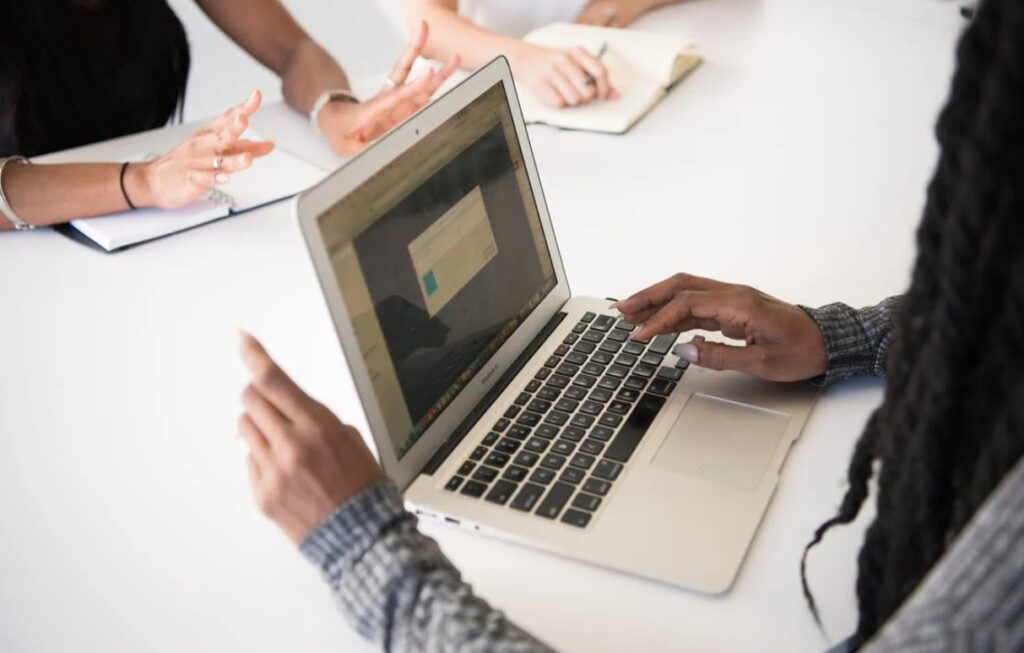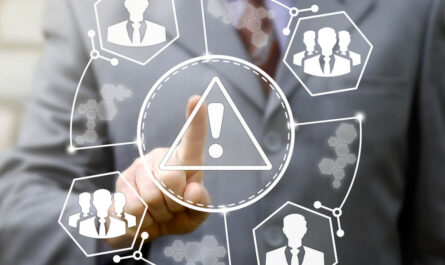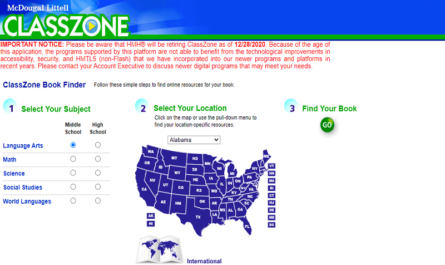Today, privacy plays a really big role in our lives. We trust sites and social networks with data about our interests, our personal data, contact information and much more. At the same time, the sites themselves are rather reluctant to share their content with you. You will also not be able to anonymously view other people’s profiles or accounts without notifying the owner. To do this, you will have to use third-party software or a service like stalk Insta (for example, Infact or smth similar). Instagram profile viewer without login will be a very good solution to keep your privacy when visiting a user account.
Page Contents
Why is privacy so important?

Privacy itself is a state in which your personal life, data, etc. are in a state of protection from malicious access.
There are 4 main kinds of confidentiality:informational, physical, communication, and spatial. Let’s take a closer look at each.
1. Physical confidentiality
Physical confidentiality is your right to dispose of your body, without encroachment on it by third parties. This is a fairly broad concept that includes not only the absence of physical violence, but even simple touches and your personal space.
2. Spatial confidentiality
Spatial confidentiality is the territory you allow other people to be in. We most likely will not invite a friend to our house, while we can always treat our close friend or relative to a cup of tea in our kitchen. Spatial privacy includes not only where you live, but also how close you can let people get close to you (personal boundaries and space).
3. Communication confidentiality
Message privacy protects the privacy of mail, telephone conversations, e-mail, and other forms of communication. In an attempt to preserve it, we turn to whispering, folding letters into envelopes, writing private messages on social networks, etc. No one has the right to just get access to your correspondence or telephone conversation, because this is your personal life, and no one has the right to interfere.
4. Information confidentiality
Information privacy is related to how you represent yourself in society. Your colleagues, friends, and family shape their relationships with you based on what they know about you. Do you build connections with your environment for many, many years, do not want them to break due to unnecessary leakage of information about you? Just one fact from life can change their attitude, affect their position in society. With the development of technology, we become hostages of information that has already been collected about us before.
Therefore, you need to be very careful with who and what you share your personal data with.
Why do we need privacy?

Protect Your Accounts
Accounts on the web are created almost everywhere – when registering on a social network, in a messenger, on a forum, in a chat, in an online store and an online payment system. Based on this data, websites and services track the user’s activity and give him recommendations. This can be convenient, but for the sake of convenience, you should not tell the service everything about yourself: often a pseudonym and an email address are enough.
If a site asks for your data, the connection to it must be secure. The easiest way to determine if a connection to a site is secure is to look at the icon displayed in the browser’s address bar; most modern browsers among their features have site security checks with registration forms or login forms. The address of a site with an encrypted connection begins with the https:// prefix, and a closed padlock icon is displayed in the address bar.
When authorizing through social networks, make sure that the form does not redirect you to another site and does not require you to enter your data on an unverified resource.
Rethink your relationship with passwords. Do not rush to use the usual familiar combination that serves as a password for your mail, social network, Skype account and Qiwi payment system. It is absolutely impossible to do so. Having gained access to one of your accounts, an attacker will definitely try to check whether the same keys are suitable for your other accounts.
Teach yourself to use special software for storing passwords. One of the most popular and proven solutions is LastPass. Change your passwords every few months.
What does the ideal password look like? It consists of at least eight different characters – including letters, numbers and punctuation marks.
You cannot use passwords that consist of dictionary words, repeated characters and common combinations (11111, 12345, qwerty666), as well as personal information (year of birth, document numbers, your first or last name).
Communication and Privacy

These tips are more about social networks – places specially created to share information, opinions, photos with others. Here you need to be especially careful in choosing contacts, setting the privacy of your profile and what you post in public access.
Do not fill out your profile completely, no matter how the interface of the social network insists on this. It is not necessary to indicate your city, place of study, link to the profile of links to the profiles of parents, children or friends, phone numbers and addresses.
Go to the “Settings” or “Options” menu on the social network, create lists of those users who can view information about you, send you private messages, view the profiles of your loved ones and relatives.
Do not include your location when uploading personal photos to a social network.
Do not upload information to the network that you would not like to see in the public domain.
Do not add people you do not know as friends just for the sake of quantity and from the principle of “why not?”. Try to talk to the person who applied for the addition, and in the same way explain to the interlocutor why you decided to become his virtual friend. This is elementary courtesy and respect for personal space, which is often forgotten online.
In no case do not send your private information in private messages (like bank card details or passwords), even to friends.
Do not respond to pitiful requests, “chain letters”, messages containing links with promises of immediate winnings. This is a fraud.
Be careful about the files you accept from other people online. If suddenly even a familiar person sends you a file, ask what is there, and in no case do not download it or open it. If your friend really wants to share some great software, let him give a link to the official site.
Conclusion
Thus privacy and privacy play a really important role in our lives. Always think about which site and what information you are providing. Follow the rules of digital hygiene and remember to use different passwords.






